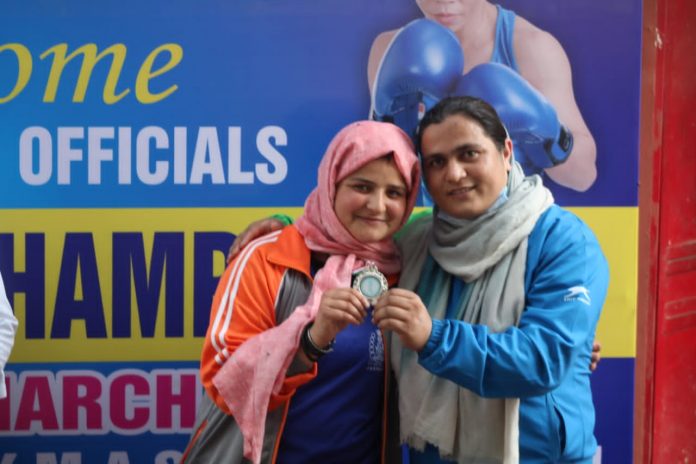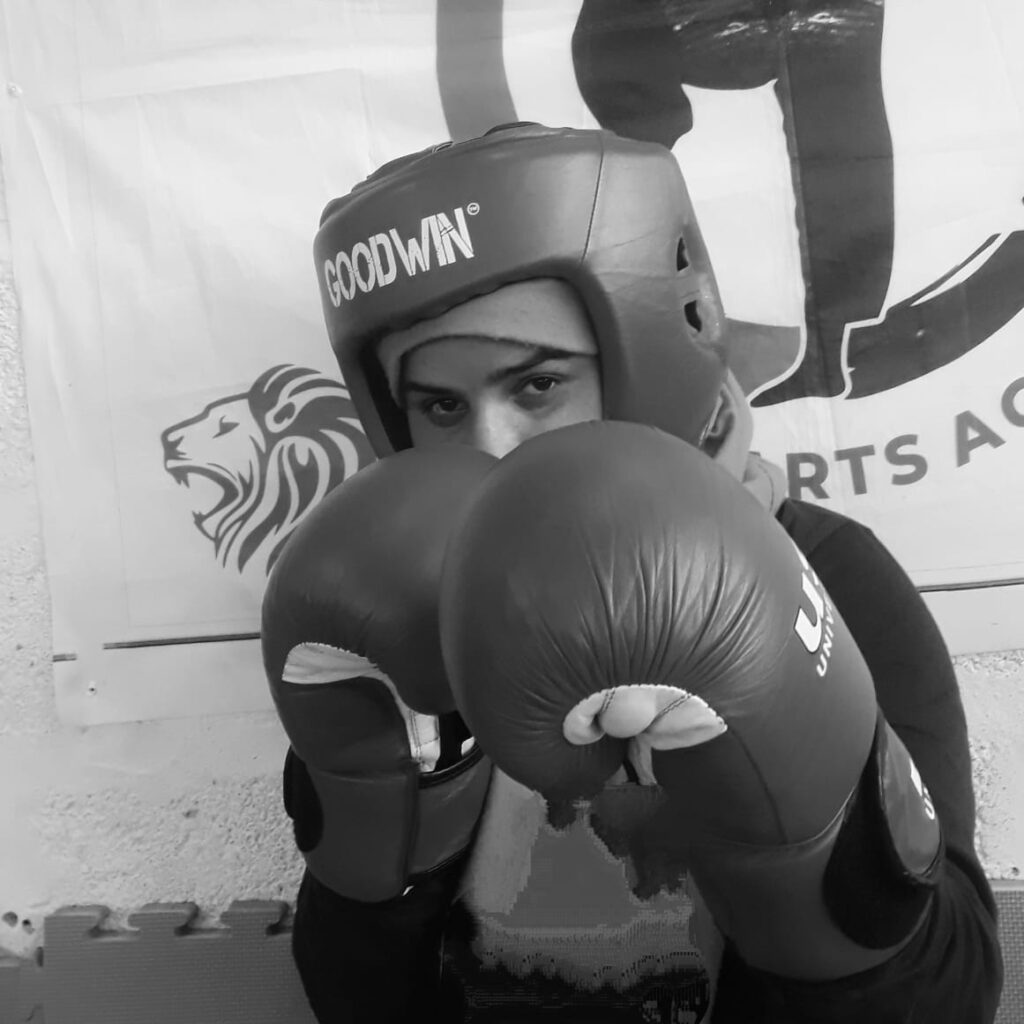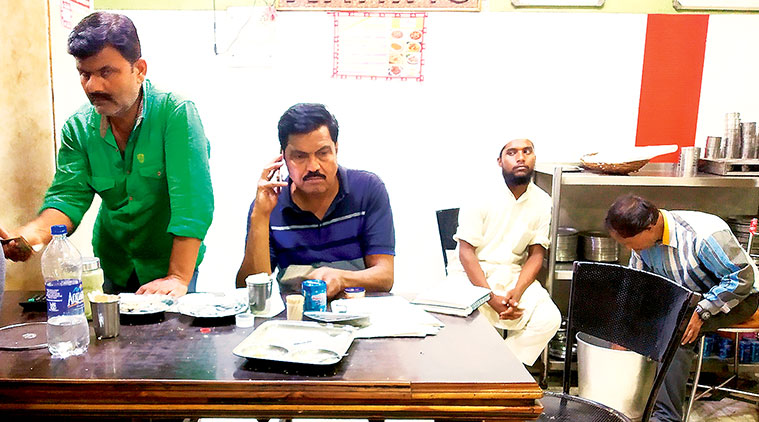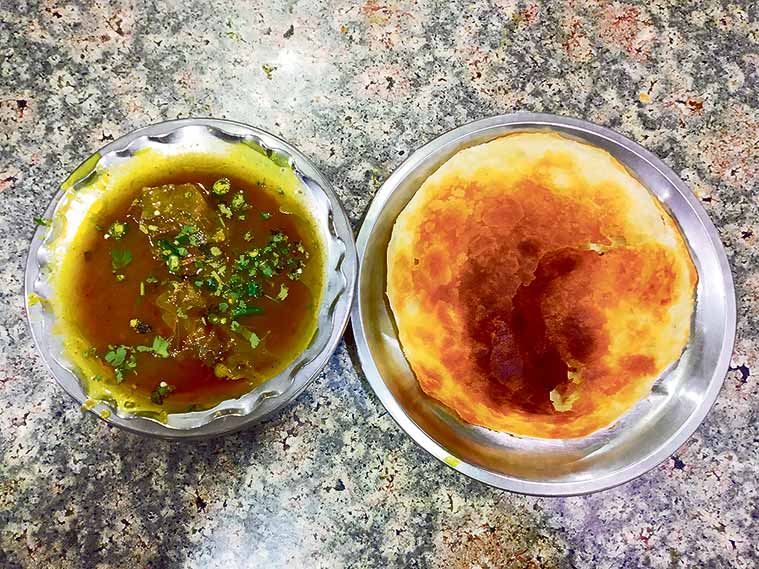Srinagar, JAMMU & KASHMIR:
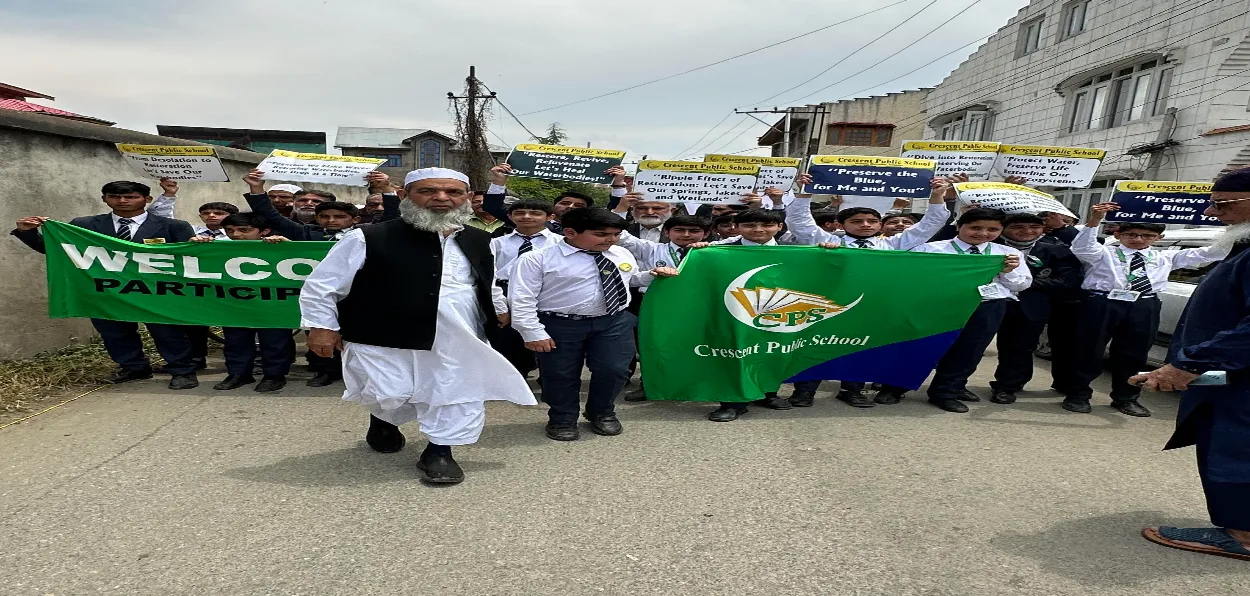
About two and a half years ago when Manzoor Ahmad Wangnoo, a prominent businessman of Kashmir was asked by the anchor during a television show that he must say in 20 seconds what inspired him to work for saving and restoring Kashmir’s water bodies, he replied “Ehsaas”.
His reply explained how realization and concern on seeing the water bodies of the Valley shrink and gets degraded due to human greed and official negligence became the key to his massive efforts to awaken the public and undertaking the work to restore the Lakes to health.
He remembers visiting the 1.6 km by 0.6 km Khushal Sar Lake located on Srinagar outskirts in February 2021 for the first time. “It was in bad shape, choked with solid waste and smelling foul”, he told Awaz-the Voice at his office in Kashmir Mahal Resorts in the Nishat area overlooking the Dal lake.
“When I told the residents that it needs efforts to clean up the lake, they laughed”, he said, as he was accompanied by his team of volunteers of the Nigeen Lake Conservation Organisation (NLCO), established in 2000. He remember his three counsins – Latief, Riyaz and Muzaffar also joining him from the beginning of his campaign.
NLCO started with cleaning up the Nigeen Lake, and is currently focused on Khushal Sar, Manzoor Wangnoo recalled the oft-quoted couplet from India’s 20th century famous Urdu poet, Majrooh Sultanpuri (Asrar-ul-Hassan Khan): Meein akela hi chalaa thaa janibe manzil magar’; Loag Saath aatey gaye aur karwaan banta gaya”.“That actually happened”, he said. The target of cleaning Khushal Sar was completed in 100 days under the “Mission Ehsaas” (phase 1), which began on February 21, 2021. With the help of SMC (Srinagar Municipal Corporation) and other agencies, NLCO removed “3000 truckloads of muck from the Lake till date”, Wangnoo said.
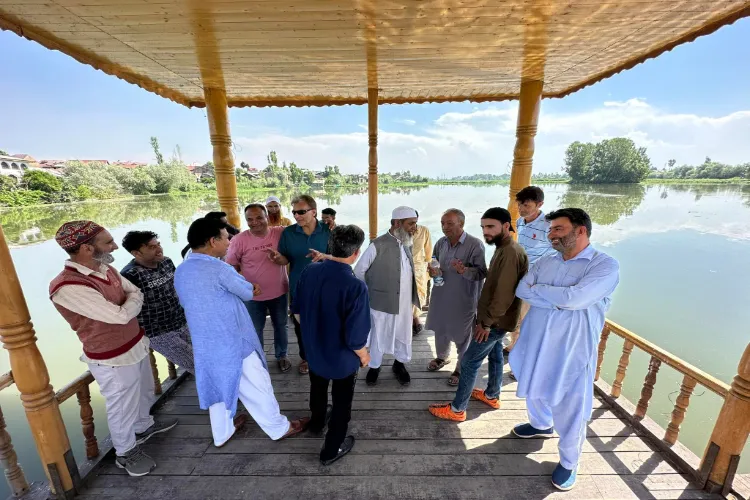
“Now this (Khushal Sar) is not a dustbin”, he said and appealed to the Government to provide a drainage system and demarcation on the lake peripheries. The traditional navigational route, Zadibal-Sazgaripora in the lake was restored in phase 2 of “Mission Ehsaas” last year. Wangnoo said that the lake was orphaned and had been neglected for the past 30 years.
Without the efforts of the Lake Conservation and Management Authority (LCMA), which keeps Nallah Amir Khan clean, the restoration work of Khushal Sar and Gilsar would not have been possible, Manzoor Wangnoo said. The authorities have prevented solid waste from flowing into the twin water bodies. He also praised successive Divisional Commissioners for supporting his work.
He called for a “competent authority” to take responsibility of the lake’s conservation, though J&K Lake Conservation and Management Authority (LCMA) looks after Dal Lake. “It (Khushal Sar) needs complete attention”, Manzoor Wangnoo told Awaz-the Voice, as phase 3 of clearing the muck began earlier this year.
“The mission received an encouraging response”, Wangnoo said and referred to its mention by Prime Minister Narendra Modi in his Mann Ki Baat last year. Lt Governor, Manoj Sinha also expressed his “gratitude” to Wangnoo at least on three occasions in the last two years. “The idea of cleaning the Khushal Sar was of a prominent businessman of Srinagar city, Manzoor Ahmad, and the cleaning process was started with the help of the administration coupled with the efforts of the locals. It is a great example of public participation,” Sinha commented on one occasion.
“People in the vicinity (of Khushal Sar) have started to realize the importance of the conservation of the water body. Administration lent its support for the cause, especially SMC has been there to collect the waste from day one”, he commented.
The restoration of choked Khushal Sar to its pristine glory is not the first venture undertaken by Manzoor Ahmad Wangnoo, who has established his business in carpet and Kashmir handicrafts over the last nearly five decades. The 70 years old businessman, who was educated at Tyndale Biscoe School and S P College, Srinagar, learned the trade from his father in his early childhood.
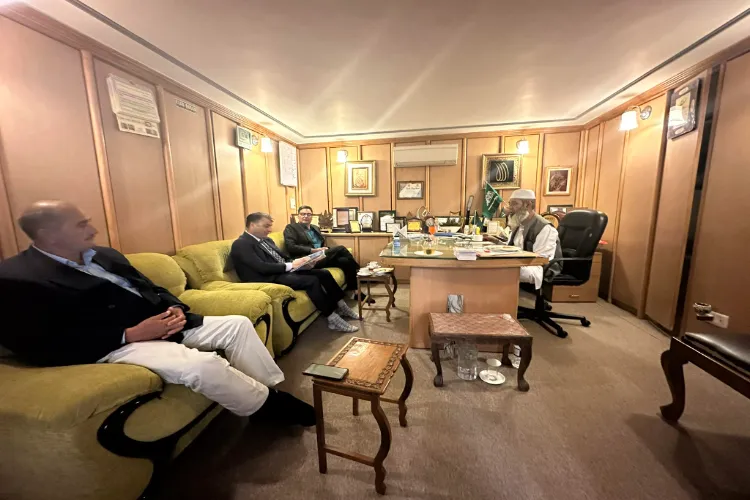
As a businessman over the decades, what concerned him was the need “to create awareness regarding environment and saving water bodies of Kashmir, endangered by pollution”. Thus, he constituted a local NGO, Nigeen Lake’s Conservation (NLCO) in 2000 for the restoration of water bodies. “I took the challenge to restore the glory of the lake with the active participation of peoples… it aims to save the (Nigeen) lake from becoming a cesspool”, he said.
“This is our (team’s) identity wherever we go with efforts of saving the environment”, the devout Muslim pointing towards his white round cap, commented. “NLCO has taken on the role of a watchdog organization, to check vandalism, create awareness about the importance of conservation of water bodies in particular and the environment in general”.
Speaking of challenges, Manzoor Wangnoo said “land mafia and encroachers tried their best to stop us. But when three people, administration and NGOs – join hands everything becomes possible.”
After several years there was a sea change in the Nigeen Lake as “the people became aware of the importance of the pollution-free lake”, he said. Wangnoo has also contributed to helping the 2005 quake-hit people of Uri and Tangdhar by constituting Kashmir Welfare Trust and in the education sector by setting up Bilaliya Educational Institute.
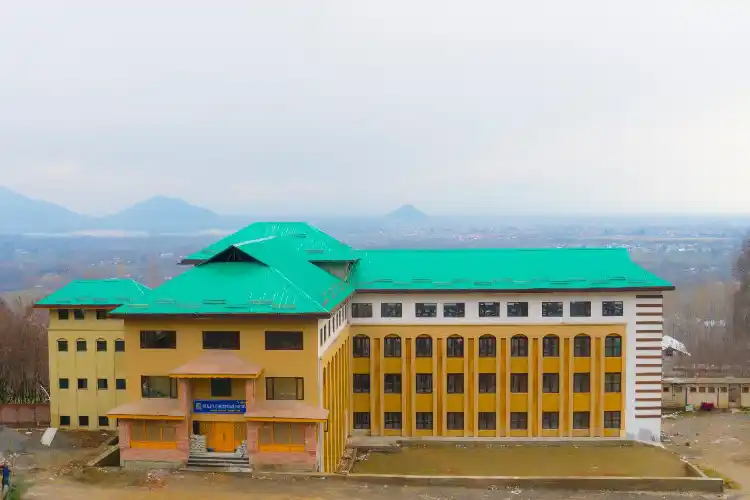
Nigeen Lake is connected via a narrow strait flowing beneath the Ashai Bagh bridge on the Lal Chowk-Rainawari-Hazratbal road. It is further connected to Khushal Sar and Gilsar through Nallah Amir Khan.
While he was continuing with his mission “to help enrich the quality of life of the community and preserve ecological balance and heritage through a strong environment conscience”, the October 2005 earthquake posed another challenge to him.
With the support of the concerned persons to deliver, he initiated the relief measures in the quake-hit areas of North Kashmir, which led to the formation of Kashmir Welfare Trust (KWT), an NGO to undertake the relief operations. The KWT, which initiated with the adoption of 69 earthquake victims from Tangdhar in 2005 has set up the Bilaliya Educational Institute in Srinagar where 1900 boys and girls are today enrolled. Also, it’s one of the leading schools in Srinagar.
He proudly says that some of the students of the school have shown excellent results with scoring distinction in the board examinations.
It Trust has also contributed to the relief and rehabilitation of the 2014 floods in Kashmir.
source: http://www.awazthevoice.in / Awaz The Voice / Home> Stories / by Ehsan Fazili, Srinagar / June 26th, 2023
